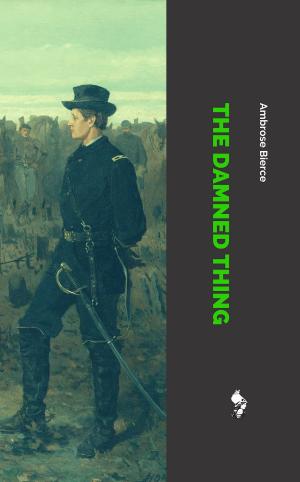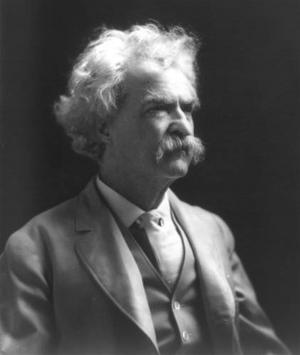| Author: | Erik Kaiser | ISBN: | 9783000379901 |
| Publisher: | Wetterleuchten | Publication: | January 1, 2012 |
| Imprint: | Wetterleuchten | Language: | English |
| Author: | Erik Kaiser |
| ISBN: | 9783000379901 |
| Publisher: | Wetterleuchten |
| Publication: | January 1, 2012 |
| Imprint: | Wetterleuchten |
| Language: | English |
This is a story about a man living on a park bench and some of the thoughts going through his mind while observing people walking by. The book will contribute to insight in the personality and situation of the homeless person and the general structural problem of homelessness in developed societies. Considering the low life expectancy of people in financially weaker social environments especially in the United Kingdom with 42 years for women and 47 years for men an urgent demand to repair a damage of some social welfare structures is currently given, also in every other developed country on earth. To overcome contemporary prejudices especially of the government against some fallen individuals and, very sad, a human inability to give up our fears that the homeless can hardly be reintegrated to a normal life into heated flats or rooms, it will be a good experience to study some life lessons of the homeless person in this story. The author is a buddhist and some pilgrimages in Asia in homeless like situation of monks depending on alms have greatly taught Mr. Kaiser about the differences and an inherent timeless exclusion and stigmatization of the poor. Especially in the christian civilization, without a traditional mechanism to share at least food and basic provision on the basis of alms provided by the population to the begging people directly, poverty and social weakness also of the disabled can be a lethal burden. The author hopes to teach that a darwinist view of the world killing the weakest must be replaced with an idea of social welfare providing food, medicine and accommodation to everybody on the basis of an indestructable right to exist alive, as long as our human biological system works well.
This is a story about a man living on a park bench and some of the thoughts going through his mind while observing people walking by. The book will contribute to insight in the personality and situation of the homeless person and the general structural problem of homelessness in developed societies. Considering the low life expectancy of people in financially weaker social environments especially in the United Kingdom with 42 years for women and 47 years for men an urgent demand to repair a damage of some social welfare structures is currently given, also in every other developed country on earth. To overcome contemporary prejudices especially of the government against some fallen individuals and, very sad, a human inability to give up our fears that the homeless can hardly be reintegrated to a normal life into heated flats or rooms, it will be a good experience to study some life lessons of the homeless person in this story. The author is a buddhist and some pilgrimages in Asia in homeless like situation of monks depending on alms have greatly taught Mr. Kaiser about the differences and an inherent timeless exclusion and stigmatization of the poor. Especially in the christian civilization, without a traditional mechanism to share at least food and basic provision on the basis of alms provided by the population to the begging people directly, poverty and social weakness also of the disabled can be a lethal burden. The author hopes to teach that a darwinist view of the world killing the weakest must be replaced with an idea of social welfare providing food, medicine and accommodation to everybody on the basis of an indestructable right to exist alive, as long as our human biological system works well.















